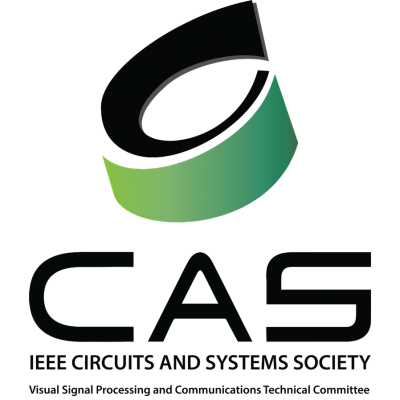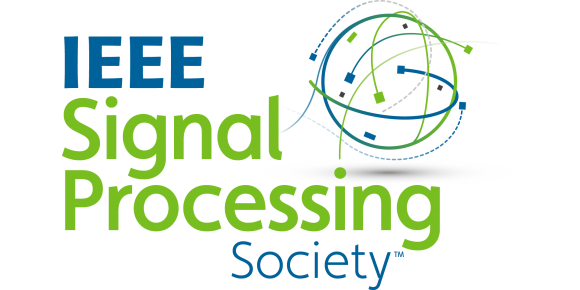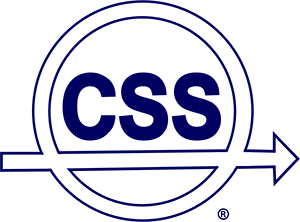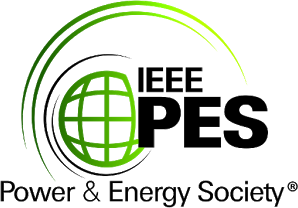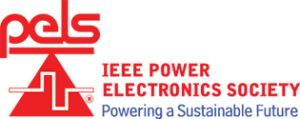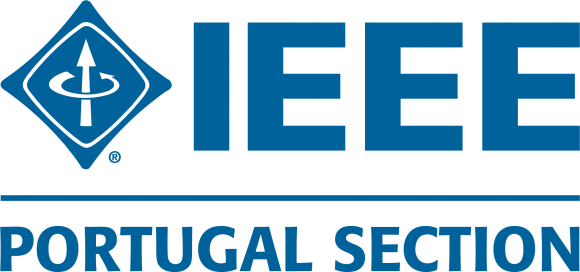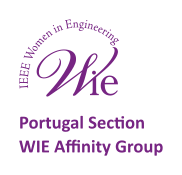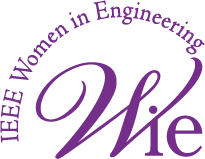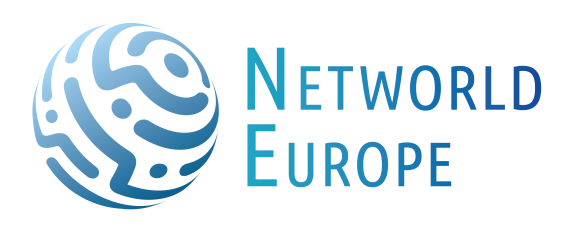1st Workshop on 5G and machine learning for IoT and unmanned aerial vehicles (UAV)
Track ID: Work-03
Description
Opportunities and challenges to exploit new features for performance and security of IoT and robotic systems. The development of a new 5G-enabled and machine learning (ML)-aided communications & computing framework towards enhanced decision-making in IoT will be important in scenarios such as real-time surveillance for smart city, environmental sustainability and defence applications. The objective of the workshop is to discuss the research and progress made in this direction, including some of the synergies and opportunities in 5G-UAV processing to enhance terrestrial IoT networks. It will cover three main areas in developing IoT platforms including: IoT/UAV and ML, 5G communications, and applications. This covers research in autonomous processing with UAV/IoT sensors, AI for edge computing, federated learning, and data fusion. Contributions dealing with ML-aided 5G technologies for air-to-ground and ground-to-air communications, interference mitigation, network slicing and resource management will be welcome. Articles covering IoT frameworks and software-hardware platforms for situation awareness and effective deployment, and approaches for providing trust in AI outputs for decision-making will be within the scope of this workshop. A variety of applications including defence/security, robotics, communications, and information technology will be also welcome.
Objectives and Motivation
The rapid development and deployment of commercial 5G technologies within this decade leads to new opportunities and challenges to exploit the features of 5G and other emerging technologies including artificial intelligence (AI) to enhance performance and security. Modernization of current processing/IoT systems by integrating advanced communication and technologies including edge computing, software-defined networking, connectivity. Increasing information flow with techniques that enhance quality of service and security of data in networks. Novel sensing and processing techniques incorporated with high bandwidth and low latency of 5G may increase capability of situation awareness. For defence and security applications, operators and soldiers require a high degree of situational awareness to respond to threats effectively and in a timely manner.
The objective of this workshop is to present the latest developments in 5G and AI/ML technologies for IoT and UAV. The workshop will cover fundamental research in terms of the following: integrating machine learning for decision making and control in uncertain environments, mobile computing on UAV, and 5G-enabled UAV/IoT. New 5G designs for transceiver and network resources and communication with ground/air devices will be welcome. We will also embrace research on applications and developments of IoT platforms such as for real-time surveillance in defence, and smart city among others. The workshop will foster discussion among academics, industry professionals and government stakeholders.
Novelty and Innovations
We will invite contributions related to:
- 5G-enabled IoT/UAV: High data-rate communication methods in 5G to satisfy the demands of surveillance systems with potential for real-time situation awareness by integrating AI analytics. Research on using UAVs as edge devices for intelligence gathering and UAV-assisted communications. New innovations in 5G-enabled UAV/IoT processing including: extending terrestrial coverage and boosting network capacity. Developments of UAV/robotic navigation for 3D and real-time map-building
- Mobile dynamic environments may not work with existing inference-only modes of operation used in many AI systems. Algorithms for online learning and federated learning that leverages 5G network and mobile UAVs.
- Challenges in today’s existing AI systems, including the explainability of decisions and assessment of the AI models widely used in detection, tracking and recognition. Integration of assessment tools with 5G networks for reliable decision-making.
- Developments of 5G enhancements through mmWave for air-to-air, air-to-ground communications and network resource management. New transceiver designs and communication protocols to reduce peak-to-average power ratio and bandwidth/energy consumption of edge devices running 5G. Machine learning for 5G communications.
- IoT platforms and Applications for real-time situation awareness in defence and smart city applications.
We will also host a panel discussion on our IDEaS Micronet regarding developments on integrated 5G-enabled UAV platform for defence and smart city applications (demonstration of 5G-UAV at The City of Calgary landfill sites), to raise visibility on the technology developments and synergies in the research project. We believe that organizing a WF-IoT 2023 workshop would bring a larger international audience compared to hosting our own internal workshop-day of presentations.
Content
Our workshop will cover 3 main topics in terms of developing a 5G-enabled IoT platform.
- IoT/UAV and Machine Learning
- 3D SLAM, real-time map-building, localization, cooperative SLAM
- Autonomous UAV/IoT processing – detect, track, recognition from UAV-mounted or IoT sensors
- AI for edge computing – model compression and optimizations, uncertainty assessments
- Federated learning and data protocols for edge-server
- Data fusion with ground and air sensors, explainable AI for IoT
- 5G Communications
- Transceiver designs, beamforming,
- Network resource management, network slicing
- Machine learning to enhance 5G processing,
- UAV-assisted communication (A2G,A2A)
- Design of mobile computing platforms (UAVs) for 5G and effective communication/flight
- Applications and use cases
- Defence/security – human in the loop decision-making, situation awareness, trust in situation awareness
- IoT Platforms for smart city and surveillance
- Applications of robotics with 5G/AI
- Real-time application and monitoring with 5G-enabled UAV’s
Intended Audience
The workshop will appeal to industry, academia and governments interested in the fields of the four themes regarding 5G, IoT, UAV and AI/ML. Target researchers include WF-IoT attendees, those interested in machine learning for edge processing and communications, federated learning, 5G communications, and UAVs. Also, those interested in applications related to robotics/UAV and defence/surveillance are expected to participate. The affiliated organizations of our IDEaS Micronet including the universities, governments and industry collaborator will be invited through the organizers (See next section).
Presenters, Panelists, Moderators, and Paper Submissions
We will invite presenters from our Micronet as well as have presenters of peer-reviewed papers. The 5G-Trustworthy common operational picture with edge-server data engine (5G-TCOP) IDEaS Micronet is a large collaborative effort between five research universities: University of Calgary, University of Alberta, University of Manitoba, University of Toronto, and Memorial University of Newfoundland, along with Department of National Defence and over 10 industrial partners. This project is aimed at developing a data-driven architecture leveraging Artificial Intelligence (AI) for Internet of Things (IoT), through 5G for joint domain command and control (C2) with a real-world demonstration of 5G UAV’s.
Paper Submission Deadline
Important Dates:
- Deadline for Paper Submissions: July 30th, 2023
- Acceptance Notification: September 8th, 2023
- Deadline for Camera-Ready Paper Submissions: September 29th, 2023
- Deadline for Presentation Submissions: October 2nd, 2023
Papers should be six (6) pages in length and follow the instruction provided for the main Conference. The conference allows up to two additional pages for a maximum length of eight (8) pages with payment of extra page charges once the paper has been accepted.
Please submit your paper for this Workshop using the link to eWorks:
Call For Papers:
If you have any questions, please contact Dr. Henry Leung: leungh@ucalgary.ca
Chairs
Nan Xie: University of Calgary
Nan Xie (Senior Member, IEEE) is an IT leader and senior engineer at The City of Calgary. He is also an adjunct professor in the Department of Electrical and Software Engineering, The University of Calgary. He received his Ph.D degree in 2018 from the University of Calgary. His current research interest is in the areas of artificial intelligence, Internet of Things (IoT) and 5G for smart city applications. Dr. Xie has received several industrial awards for his contributions in the field of industrial IoT and smart city.
Henry Leung: University of Calgary
Henry Leung (Fellow, IEEE) received the Ph.D. degree in electrical and computer engineering from McMaster University, Hamilton, ON, Canada, in 1991.,He was with the Department of National Defense (DND), Ottawa, ON, Canada, as a Defense Scientist. Then, he joined the University of Calgary, Calgary, AB, Canada. His research interests include information fusion, machine learning, the Internet of Things, nonlinear dynamics, robotics, and signal and image processing., Dr. Leung is a fellow of SPIE. He is the Associate Editor of the IEEE Circuits and Systems Magazine. He is the Topic Editor on “Robotic Sensors” of the International Journal of Advanced Robotic Systems. He is also an Editor of the Springer book series on “Information Fusion and Data Science.







